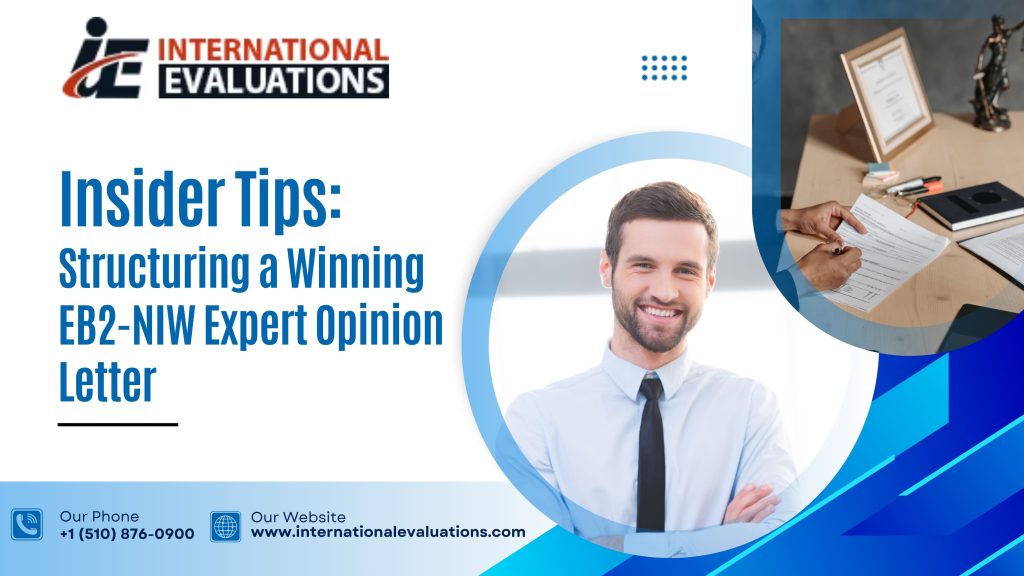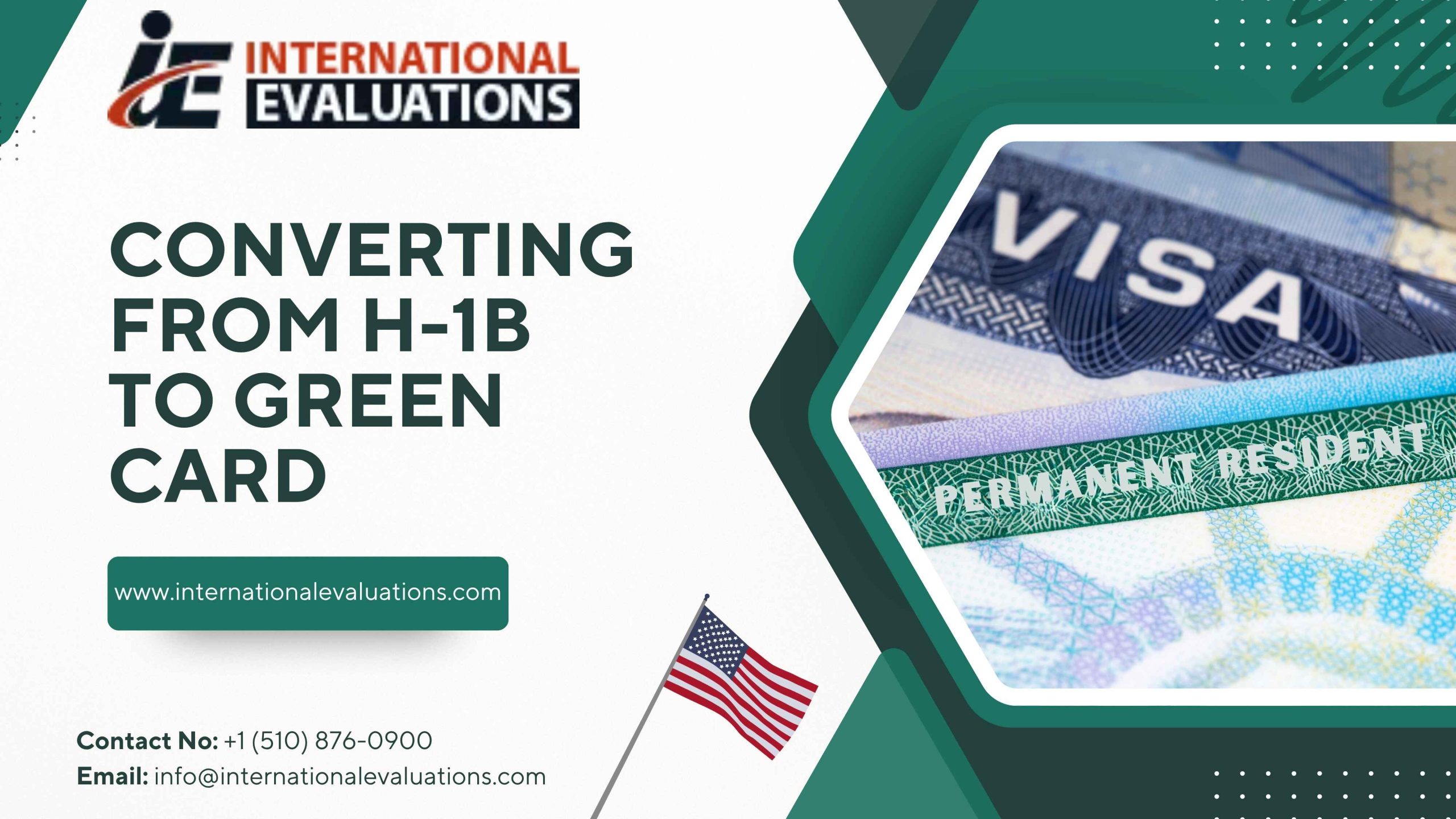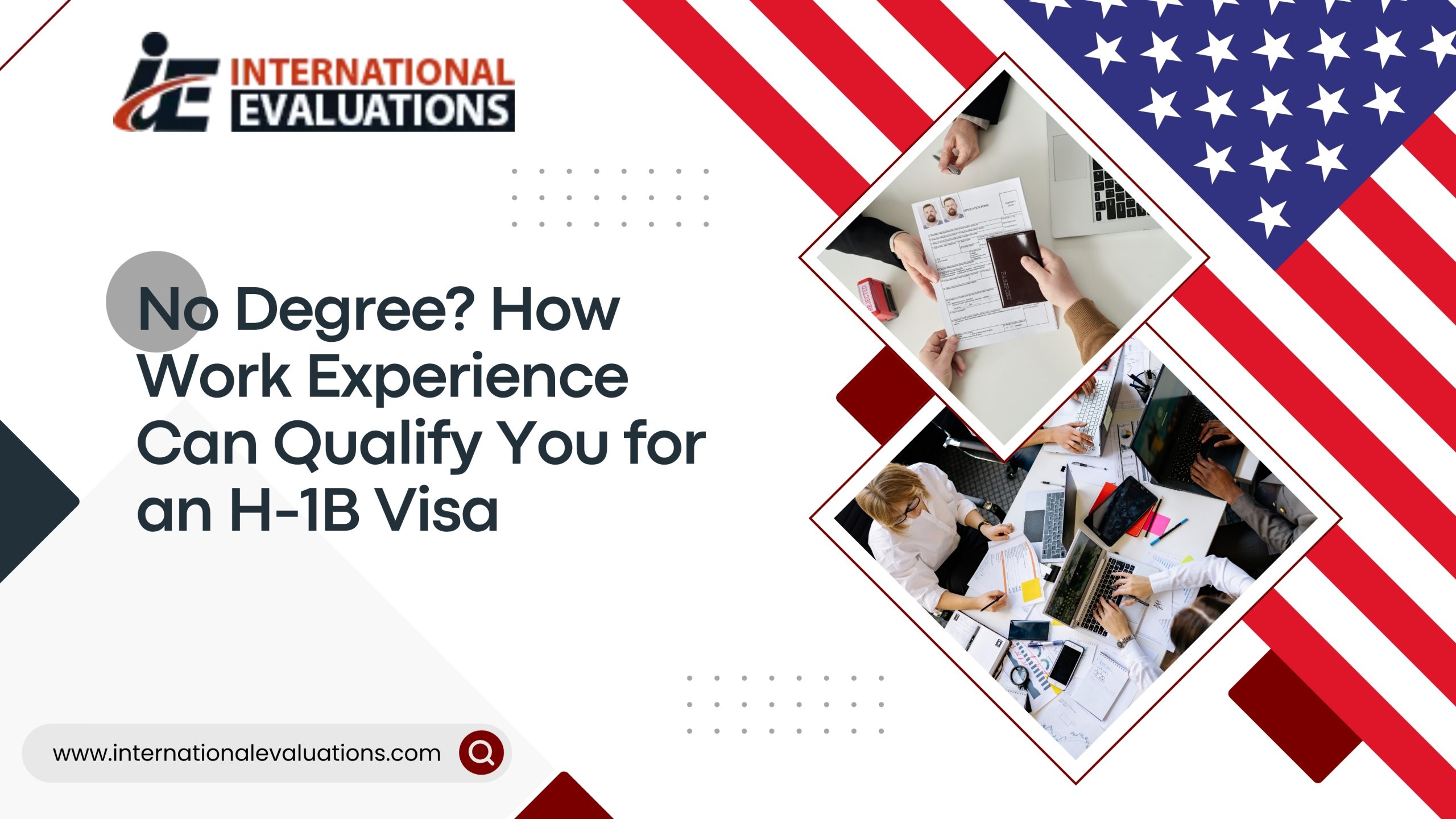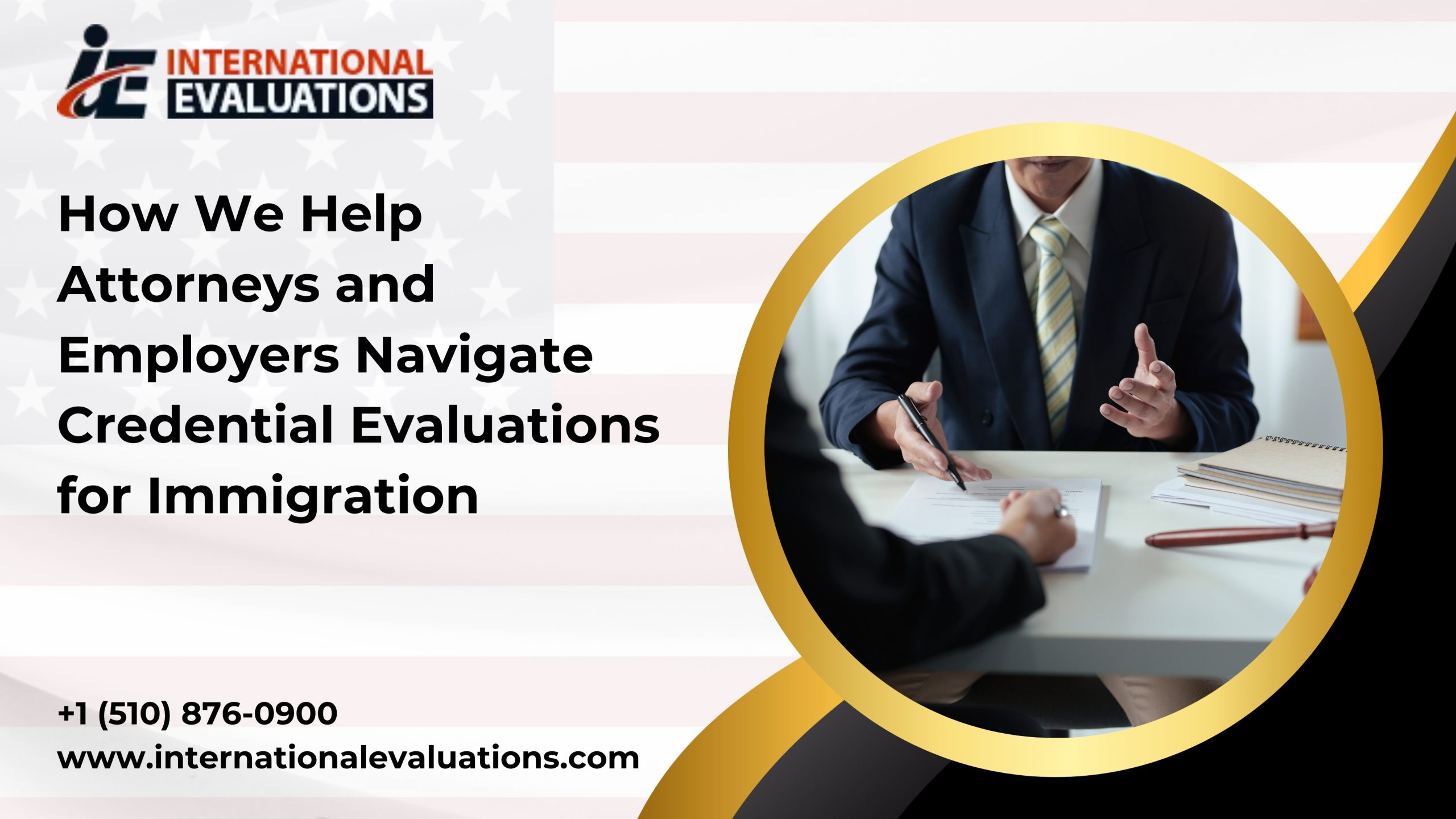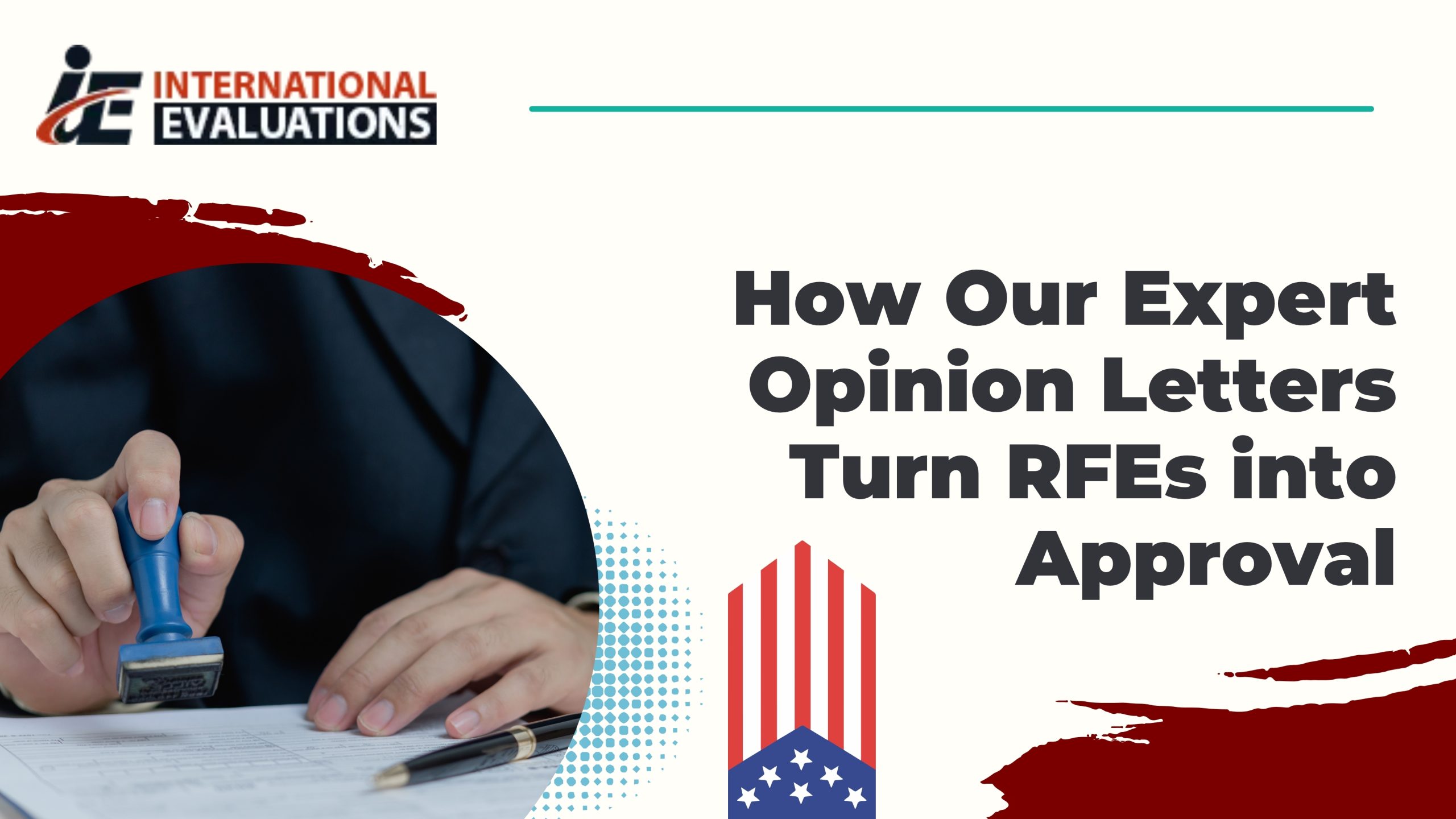When it comes to the EB2-NIW (Employment-Based Second Preference – National Interest Waiver) petition, an expert opinion letter can be the deciding factor between an approval and a denial. This letter serves as a credible, third-party validation of your qualifications, contributions, and the national importance of your work. But not all opinion letters are created equal—small mistakes in tone, structure, or USCIS compliance can lead to costly delays or denials.
In this guide, we’ll cover insider strategies to craft an EB2-NIW expert opinion letter that captures USCIS attention for the right reasons.
Tips:
1. Start with a Strong Introduction That Establishes Authority
The opening paragraph should immediately tell USCIS who the expert is and why their opinion matters. This isn’t just a formal introduction—it’s a credibility statement. Include:
- Expert’s Academic Credentials
- Professional Affiliations
- Years of Relevant Experience
- Notable Publications, Patents, or Contributions
The goal is to make the adjudicator feel that they are reading the words of someone whose judgment is beyond question. Avoid generic titles; instead, use precise descriptors (e.g., “Professor of Mechanical Engineering with 25 years of aerospace research experience”).
2. Align with USCIS Criteria Early On
The EB2-NIW approval hinges on proving three key elements under the Matter of Dhanasar framework:
- Substantial Merit and National Importance
- Positioning to Advance the Endeavor
- Benefit to the United States
An effective letter addresses these criteria explicitly. The earlier in the letter this alignment is established, the more weight it carries throughout the review process.
3. Focus on Evidence, Not Flattery
USCIS officers are trained to identify vague praise without substance. Replace subjective adjectives (“brilliant,” “highly talented”) with objective evidence:
- Metrics (citations, impact factor, patents granted)
- Specific projects and their measurable outcomes
- Recognition by authoritative organizations
- Tangible societal or industry benefits
4. Use a Logical Structure That Flows Naturally
A well-structured EB2-NIW expert opinion letter generally follows this outline:
- Expert’s credentials and authority
- Relationship to the petitioner (if any, disclose clearly)
- Overview of the petitioner’s work and contributions
- Evidence that aligns with USCIS criteria
- Conclusion with strong endorsement
Each section should transition smoothly into the next. Choppy or unorganized letters can diminish credibility, even if the content is strong.
5. Maintain USCIS-Approved Language and Formatting
Certain phrases, formats, and word choices are known to resonate with USCIS. These include:
- Claims are not substantiated with verifiable data
- The expert’s authority is unclear
- There is no explicit link between the petitioner’s work and U.S. national interest
Remember: presentation impacts perception. A sloppy or unprofessional format can cast doubt on the legitimacy of the content.
6. Anticipate and Preempt RFE Triggers
An RFE (Request for Evidence) often arises when:
- Verifiable Data for Claims
- Clear Expert Authority
- Explicit Link to U.S. National Interest
To prevent RFEs, ensure that every claim in the letter is backed by specific, credible evidence and directly tied to the EB2-NIW criteria.
Why Legal Professionals Trust Our Expertise
Proven RFE Turnaround Success: A consistent record of converting Requests for Evidence into successful case approvals
Whether you’re representing a distinguished client or navigating the process as a self-petitioner, our team provides the strategic insights and documentation support that can make the difference between approval and denial.
7. Close with a Powerful Endorsement Statement
The conclusion is your final chance to influence USCIS. A strong ending should:
- Reaffirm the petitioner’s national importance
- Summarize their qualifications in one impactful sentence
- State unequivocally that approval would be in the United States’ best interest
Final Thoughts
A well-crafted EB2-NIW expert opinion letter is not just a formality—it’s a strategic document that can tip the scales toward approval. By selecting the right expert, aligning content with USCIS criteria, and avoiding vague or unsupported claims, petitioners can significantly strengthen their case.
If you’re facing tight deadlines, a complex RFE, or simply want to ensure your letter meets the highest standards, working with experienced evaluation professionals can save time, reduce risk, and improve approval odds.
